Overview
The Inflammatory Bowel Disease (IBD) Fellowship at Mayo Clinic in Arizona offers you broad opportunities and advanced training in all clinical aspects of IBD. The IBD Interest Group includes nine gastroenterologists with a specific interest in IBD, sees more than 1,300 new patients each year in the outpatient IBD Clinic.
As an IBD fellow, you work closely within a strong multidisciplinary team that includes experts in colorectal surgery, radiology, and pathology. Fellows also receive broad exposure to a variety of research programs, such as clinical therapeutic trials, epidemiology, clinical pharmacology, and immunology, and are able to tailor an academic training program to meet their individual interests.
This one-year fellowship is designed for the gastroenterologist who plans a career in an academic setting with a major focus on clinical practice and research in IBD.
Program history
Mayo Clinic was one of the first institutions to provide advanced training in IBD. The Inflammatory Bowel Disease Fellowship first began at the Rochester campus in 1998 and since that time, numerous fellows have graduated from Mayo and they’ve gone on to become leading experts within the IBD community. 2026 will be the inaugural year for IBD fellowship at Mayo Clinic's Arizona campus.
Application process
Positions
There is one position available on a competitive basis each year in the Inflammatory Bowel Disease Fellowship.
Qualifications
This Inflammatory Bowel Disease Fellowship includes advanced training in complex IBD endoscopy. Therefore, candidates must meet the following requirements:
- Completion of three years of post-M.D. training in Internal Medicine
- Completion of a Gastroenterology fellowship, or current enrollment in a Gastroenterology fellowship with expected completion before the IBD fellowship start date
We seek applicants with strong academic records and demonstrated potential.
Applications from Internal Medicine residents are not eligible for this fellowship.
How to apply
Mayo Clinic School of Graduate Medical Education does not process printed applications to this program. You must apply through Recruit, a third-party application service. No matching program services are used.
Mayo's academic year begins in July. You must submit a completed application form and all required documentation no later than October 15 the previous year.
Complete the following steps to apply:
- Create an account to begin the online Application for Admission
- All applications to Mayo Clinic School of Graduate Medical Education programs must include these application materials
- International applicants: A valid ECFMG certificate is required at the time of application submission for clinical fellowships. Please review the Mayo Clinic School of Graduate Medical Education Application Materials for full admissions requirements.
- After submission, view the required Supplemental Items and Documents
- Upload each required item in the Supplemental Items section (if applicable)
- Complete the Recommendation Request section (if applicable)
Applicants considered for an appointment will be invited for a personal interview with the program director and selected faculty.
Interviews are conducted in the fall.
/0x0:512x512/prod01/channel_2/media/mccms/content-assets/academics/residencies-and-fellowships/512X512-1537720_3454815_0001R.jpg)
Video: The Arizona Experience
2:30
Curriculum
The Inflammatory Bowel Disease (IBD) Fellowship is a full-time, 12-month experience. In special circumstances, arrangements can be made for other lengths of training.
Clinical training
The fellow sees patients at Mayo Clinic's outpatient IBD practice in Arizona. The advanced IBD fellow also participates in complex IBD endoscopic procedures. You work under the close supervision of Mayo Clinic gastroenterologists who have a special interest in IBD. You participate and present at the Mayo Clinic IBD Board at least once a month. This includes gastroenterology, colorectal surgery, radiology, and pathology. In addition, you may attend a variety of weekly GI divisional and GI subspecialty conferences.
Research opportunities
The mission of the Inflammatory Bowel Disease Fellowship is to train leaders within the IBD community. In addition to a comprehensive clinical exposure, you are given the opportunity to develop or expand your research program in IBD. Our IBD fellows are paired with a mentor and given approximately 20 percent protected time to dedicate to research.
Call frequency, moonlighting
Call frequency
There is no after-hours call responsibility during this fellowship. However, during work hours, there is an IBD on Call Doc available to consult via phone call or email for questions arising on IBD patients in the hospital. This courtesy service is also extended to email communications during the weekend. The IBD fellow will have the opportunity to participate as well.
Moonlighting
One year is spent on focused training and research, so moonlighting is generally not allowed.
Evaluation
To ensure you gain proficiency and develop corresponding technical skills, your performance is monitored throughout the Inflammatory Bowel Disease Fellowship. You are formally evaluated by your supervising faculty member on a weekly basis, and then you meet with the program director to review these evaluations. In addition, you regularly evaluate the faculty to ensure your educational goals are being met.
From the program director
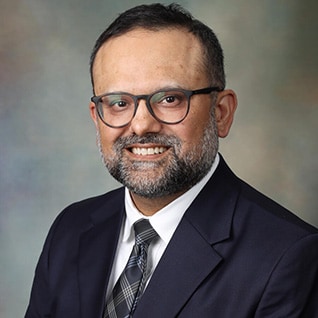 We started the Inflammatory Bowel Disease (IBD) Fellowship at Mayo Clinic in Arizona with the following considerations in mind:
We started the Inflammatory Bowel Disease (IBD) Fellowship at Mayo Clinic in Arizona with the following considerations in mind:
- The continuing addition of numerous advanced therapies in recent times to the armamentarium of IBD treatment options and the increasing focus on a treat-to-target management approach have transformed IBD care into a highly complex field.
- We believe that those who wish to provide robust care to IBD patients after fellowship must consider an additional one year of training to prepare themselves.
- With our IBD patient volume and the recent growth in our practice; the addition of ancillary services and strengthening of our multidisciplinary care programs; we are in an excellent position to provide an IBD fellow with a comprehensive as well as immersive educational, clinical, and research experience in IBD.
We look forward to welcoming you to our team.
Sincerely,
Talha A. Malik M.D.
Program Director
Department and faculty
The faculty members of the Division of Gastroenterology and Hepatology at Mayo Clinic in Scottsdale and Phoenix, Arizona, are committed to teaching and facilitating the growth of medical knowledge while providing outstanding patient care. Our faculty publish and lecture extensively and are highly regarded in their fields.
As an IBD fellow, you will have direct access to these expert clinicians, researchers, and educators throughout your training.
Meet the faculty
 |
Christina Ha, M.D. |
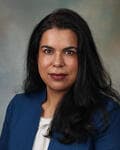 |
Manreet Kaur, M.B.B.S., M.D. |
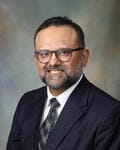 |
Talha A. Malik, M.D. |
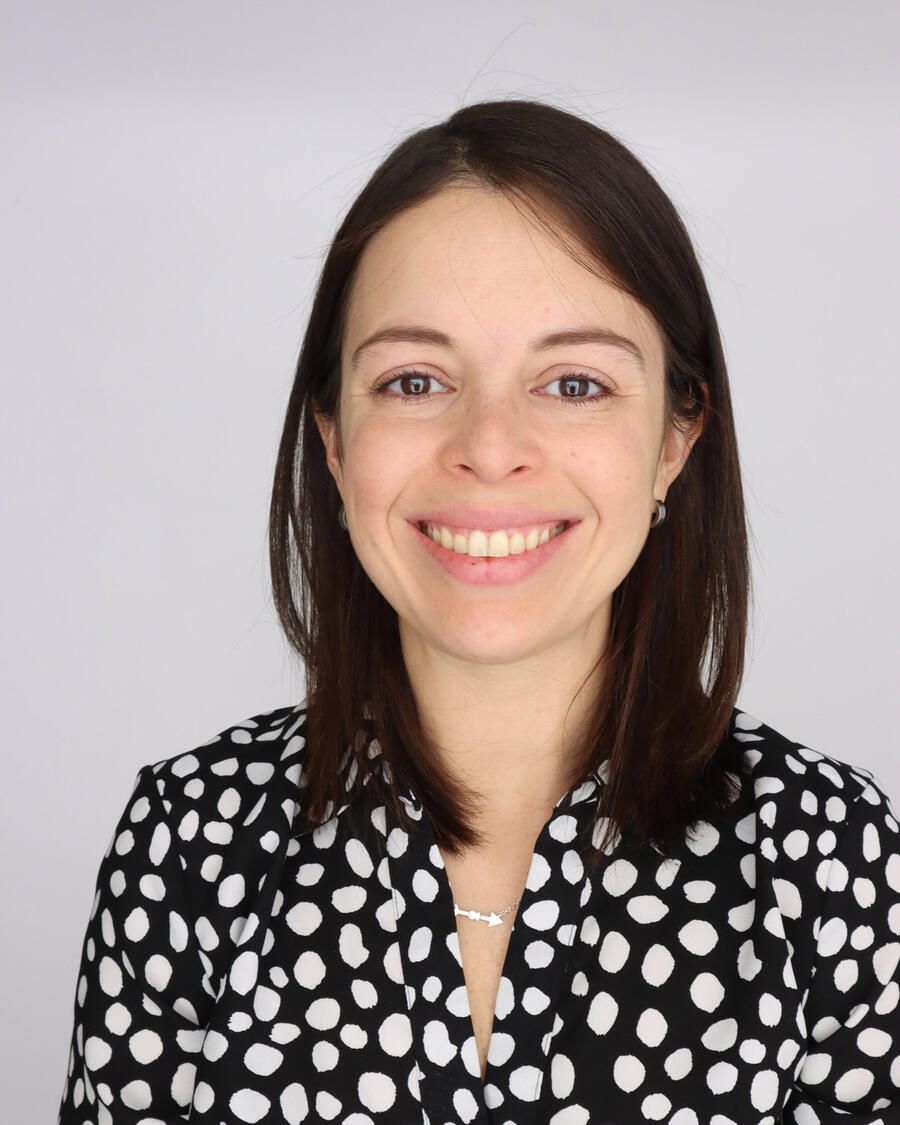 |
Michelle Gonzalez, M.D. |
 |
William Faubion, M.D. |
 |
Jonathan Leighton, M.D. |
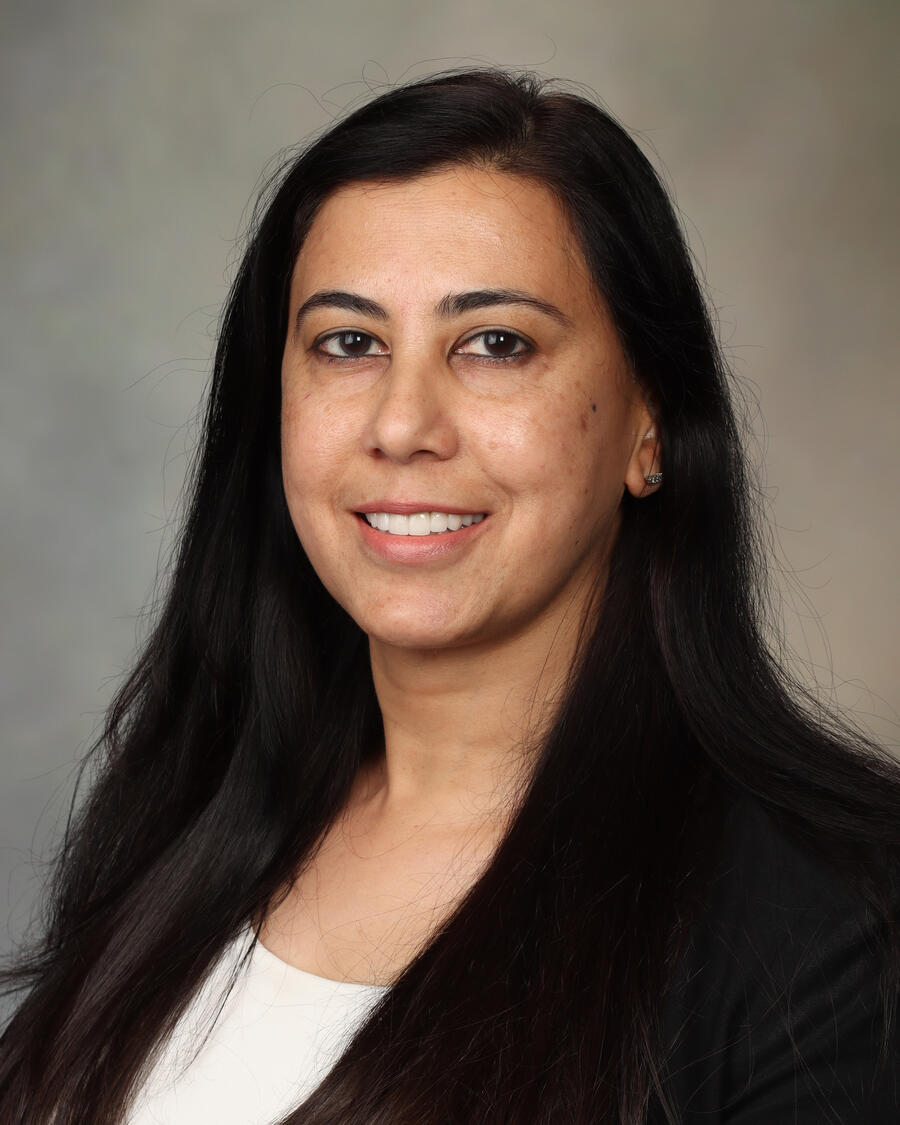 |
Shabana Pasha, M.D. |
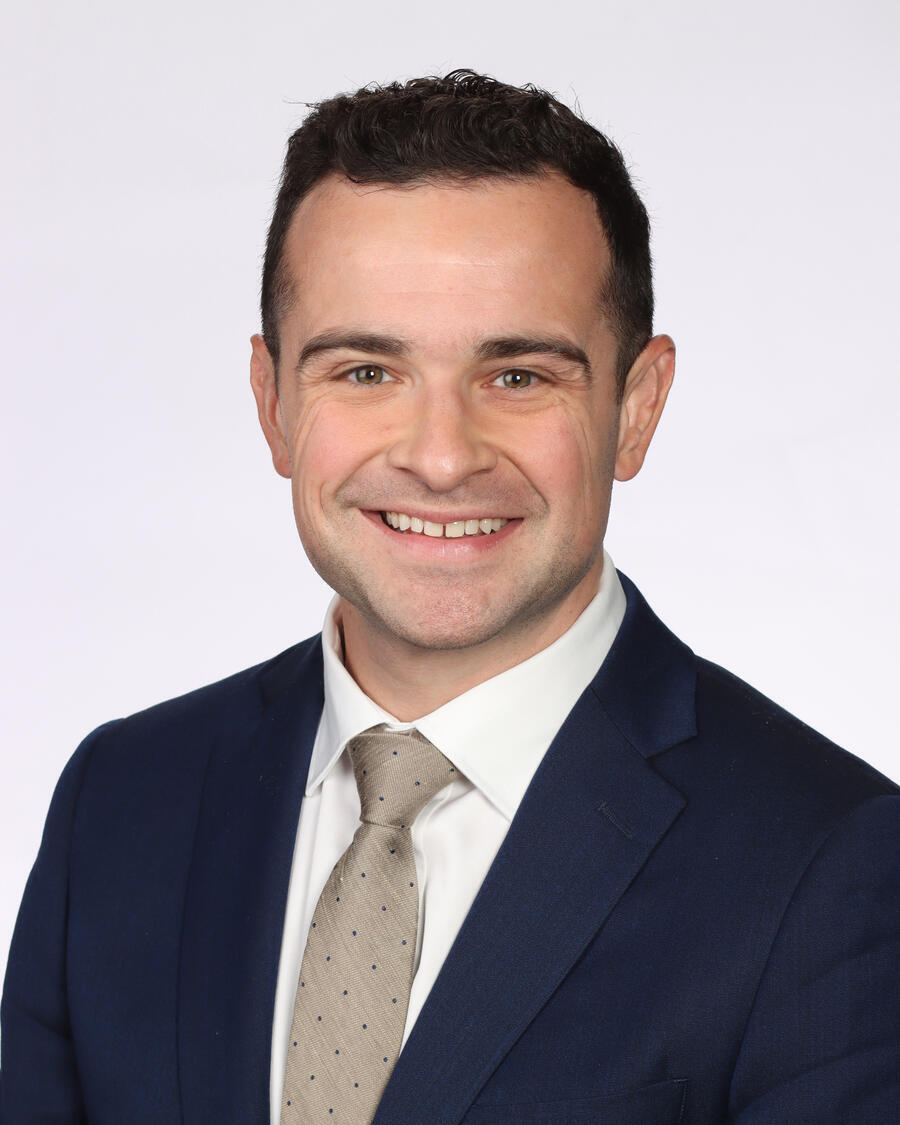 |
Guilherme Piovezani Ramos, M.D. |
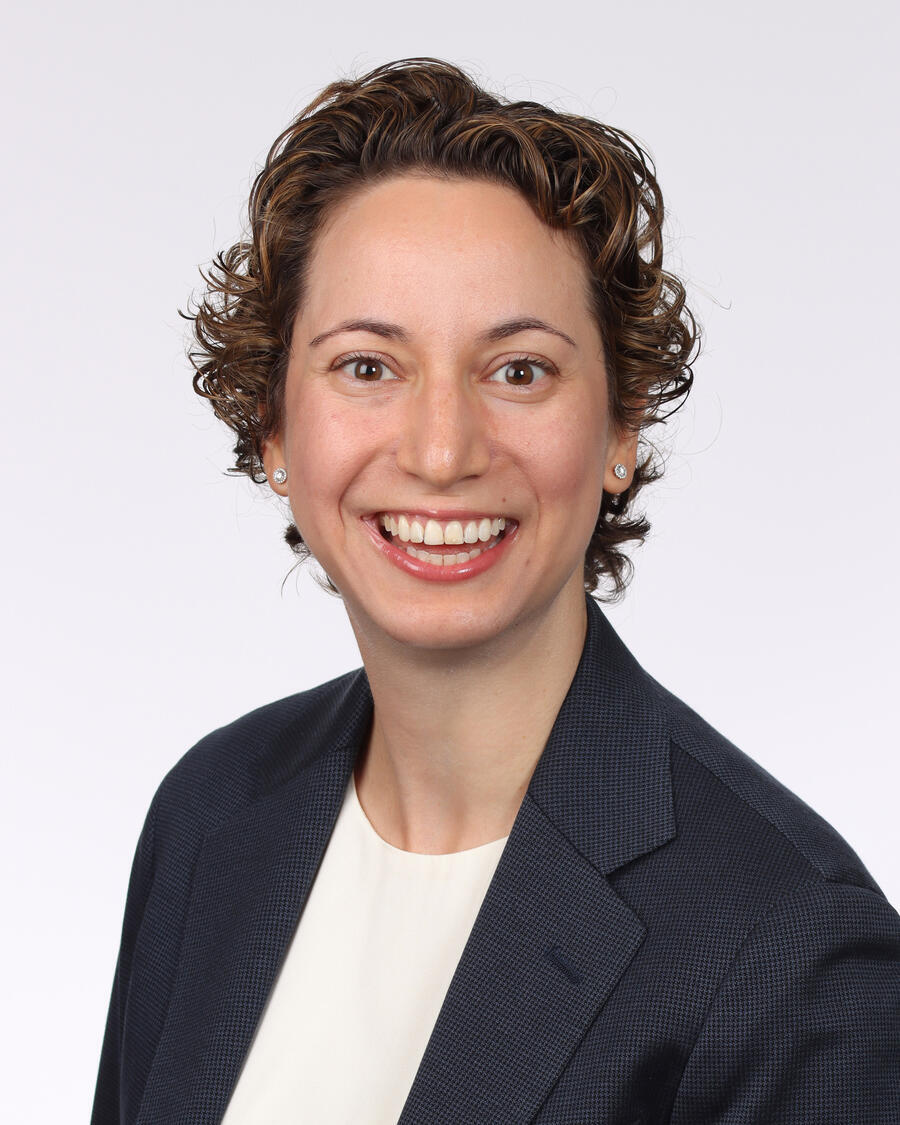 |
Anna Silverman, M.D. |
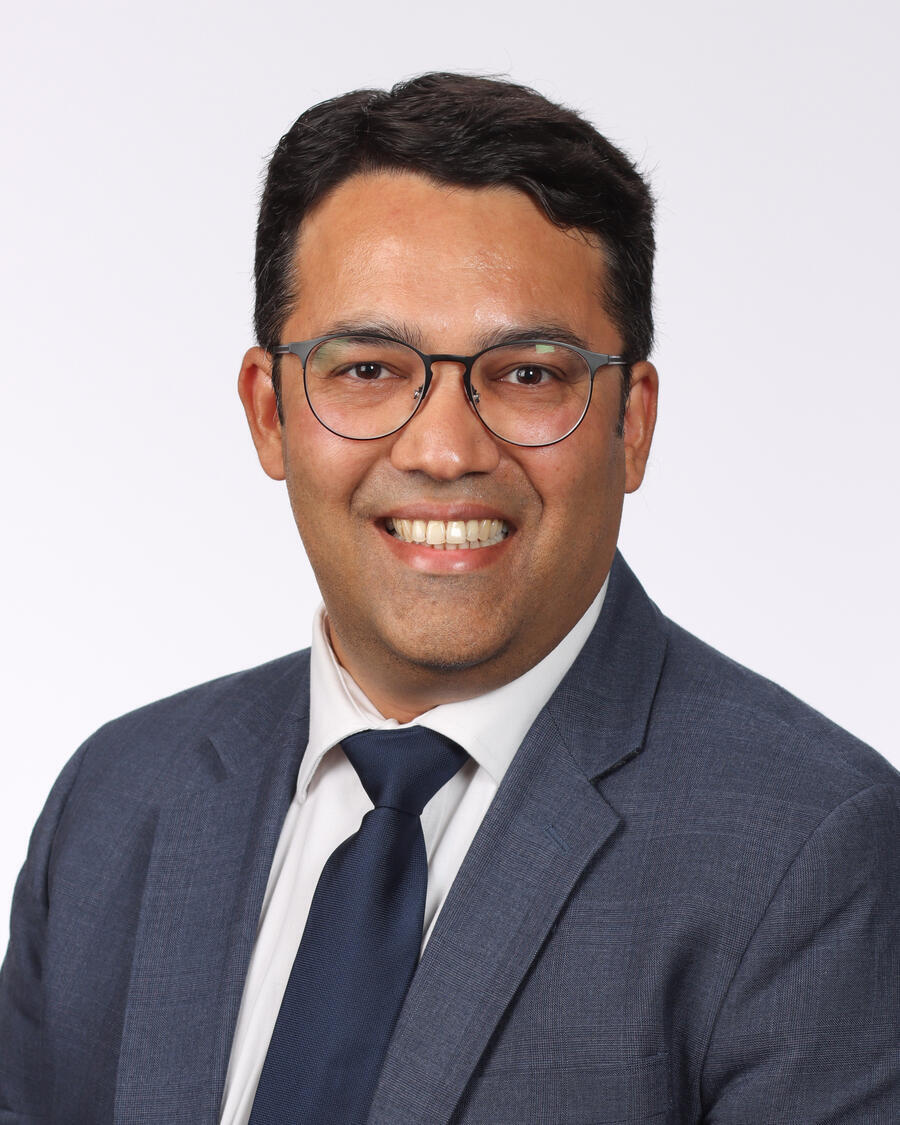 |
Sid Singh, M.D. |
Belonging
At Mayo Clinic, we foster an inclusive working environment and embrace the diversity of all our trainees, faculty, staff, and patients. Our Office of Belonging offers tremendous resources to support our mission of maintaining a welcoming atmosphere for all our employees, including our learners. We strive to provide culturally appropriate care and do our part to reduce healthcare disparities.
/0x0:512x512/prod01/channel_2/media/studio-sites/mccms-reference-guide/512X5121573348_3801872_0024-(1).jpg)
Video: See yourself at Mayo Clinic
5:33
Wellness initiatives
As a trainee, your physical and mental health are priorities to Mayo Clinic and the department. Trainees have access to several resources to promote well-being, as well as time off clinical duties to attend appointments.
- Fitness centers
- Groups on campus
- Well-being
Fitness centers
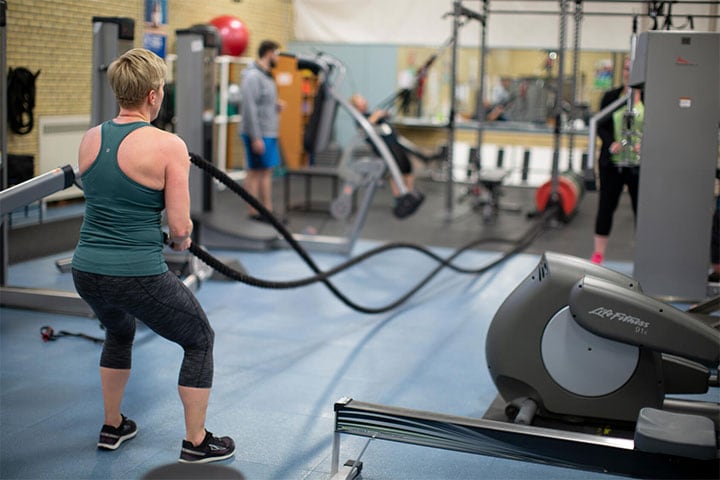 As a resident or fellow at Mayo Clinic in Arizona, you have access to an exclusive learners-only gym and wellness center conveniently located in Phoenix. Additionally, Mayo Clinic residents or fellows at our three campuses get discounted membership fees to area gyms through PerkSpot, the Mayo Clinic employee discount program.
As a resident or fellow at Mayo Clinic in Arizona, you have access to an exclusive learners-only gym and wellness center conveniently located in Phoenix. Additionally, Mayo Clinic residents or fellows at our three campuses get discounted membership fees to area gyms through PerkSpot, the Mayo Clinic employee discount program.
All Mayo employees, including Arizona learners, can also sign up to take live virtual fitness classes or view recorded fitness classes offered by the Dan Abraham Healthy Living Center (DAHLC).
Groups on campus
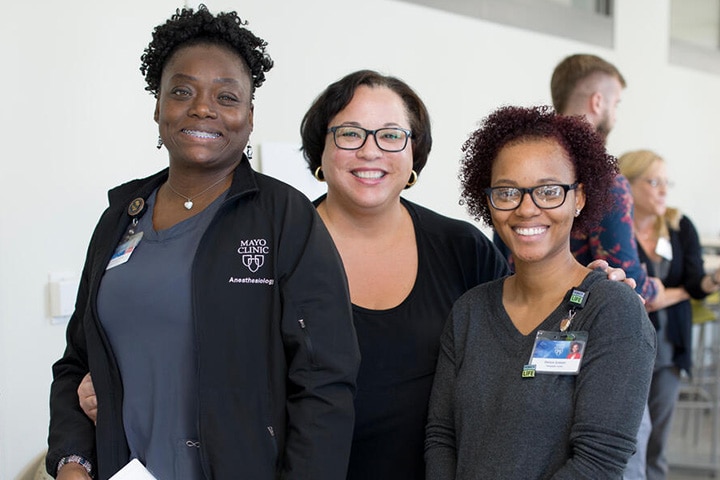 Opportunities to join a variety of groups on campus provide regular social activities and can help enhance your training while connecting with a broad group of peers.
Opportunities to join a variety of groups on campus provide regular social activities and can help enhance your training while connecting with a broad group of peers.
Trainees have the opportunity to join a Mayo Employee Resource Group (MERG) at any time during their training program. MERGs are employee-led affinity groups to promote belonging, increase cultural awareness, and foster an environment of respect and inclusivity. Any Mayo Clinic employee can join a group of interest and choose their level of involvement.
Well-being
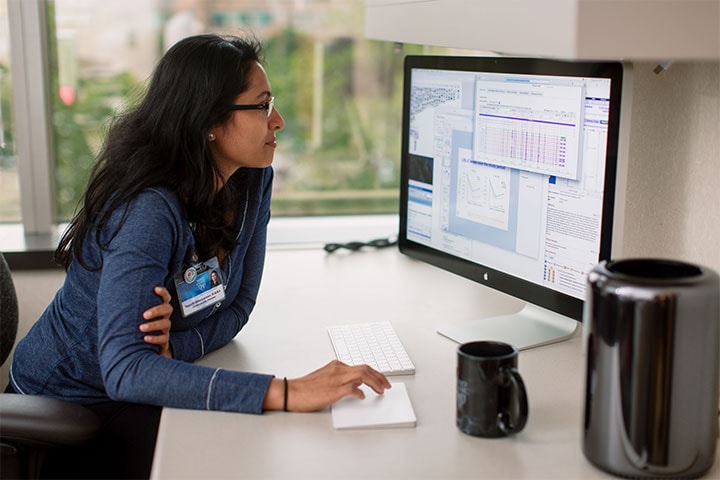 The Office of Academic Support and Well-Being provides resources to promote academic, emotional, social, cognitive, financial, and physical well-being. Career and academic services include academic advising, peer tutoring, and accommodations for learners with disabilities or health conditions. Mental health services, counseling, interview practice, and a variety of enrichment sessions on topics like budgeting, resiliency, and stress and burn-out are also available through the Academic Support and Well-Being office.
The Office of Academic Support and Well-Being provides resources to promote academic, emotional, social, cognitive, financial, and physical well-being. Career and academic services include academic advising, peer tutoring, and accommodations for learners with disabilities or health conditions. Mental health services, counseling, interview practice, and a variety of enrichment sessions on topics like budgeting, resiliency, and stress and burn-out are also available through the Academic Support and Well-Being office.
More from Mayo Clinic School of Graduate Medical Education
/0x0:512x512/prod01/channel_2/media/mccms/content-assets/academics/residencies-and-fellowships/3319834_0363-512X512.jpg)
Choosing Mayo Clinic
/0x0:512x512/prod01/channel_2/media/mccms/content-assets/shared-documents/campus-AZ-3180811-0001-pic-tile.jpg)
Phoenix/Scottsdale, AZ
Campus and community
/0x0:512x512/prod01/channel_2/media/studio-sites/mccms-reference-guide/512X5121676671_3824027_0010_C.jpg)
Stipend and benefits
/0x0:512x512/prod01/channel_2/media/mccms/content-assets/academics/residencies-and-fellowships/gastro-inflammatory-bowel-disease-minnesota/512X512-1322518_3535312_0006.jpg)
/0x0:440x220/prod01/channel_2/media/mccms/content-assets/campus-amp-community/arizona/440X220_sidebar-mayo-clinic-phoenix-arizona-is453080663.jpg)